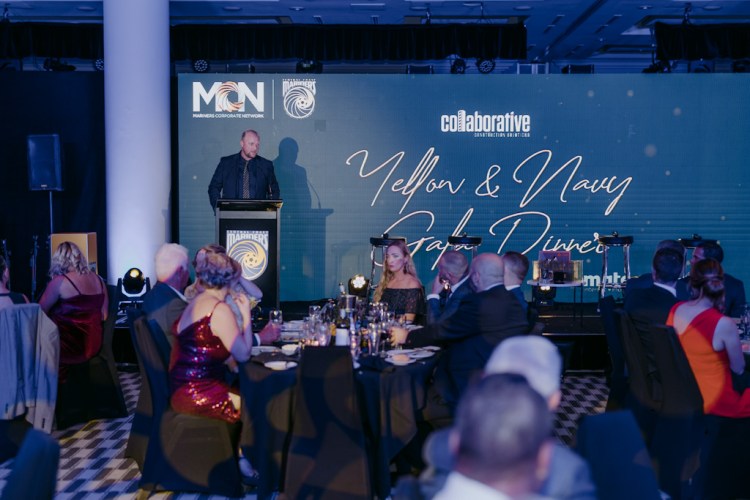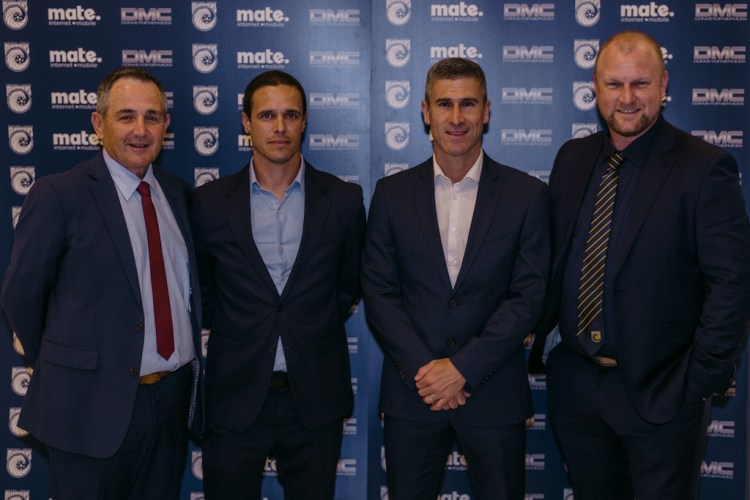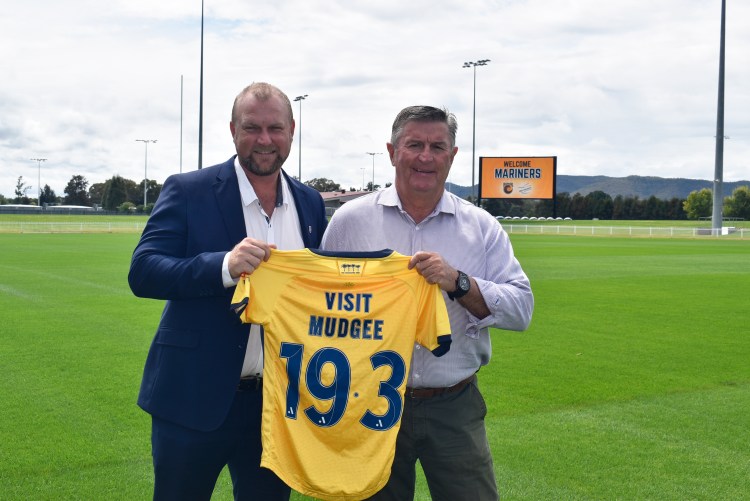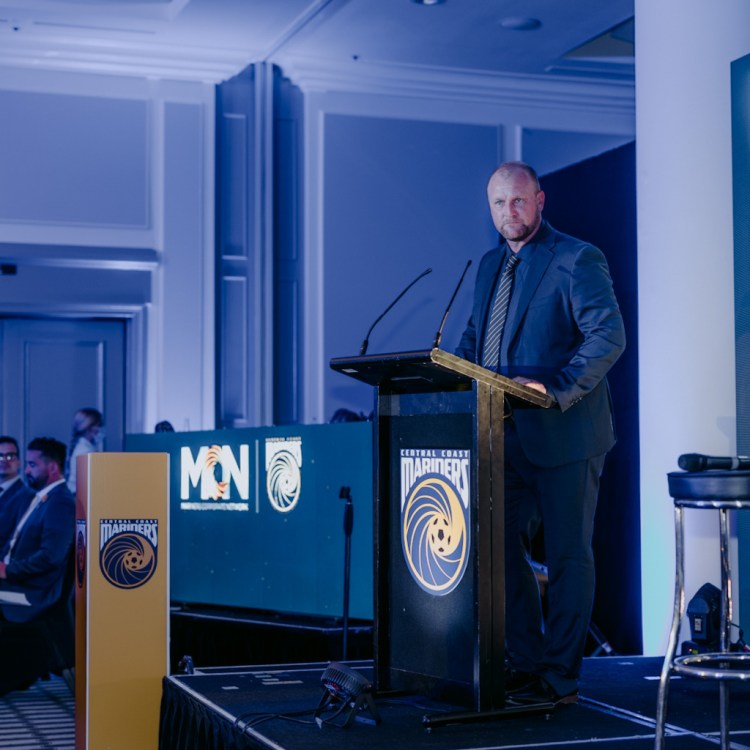Having grown up in Mount Druitt, some 45 minutes west of Sydney’s central business district, Shaun Mielekamp is not afraid to admit he “came from the tough side of the tracks”.
Not that he is ashamed or regrets for one minute having spent much of his childhood in an area described as one of the poorest in Sydney and which was the subject of the highly controversial 2015 documentary, Struggle Street.

The Central Coast Mariners chief executive says it was a good grounding for him as he worked his way through the ranks of his highly impressive commercial and sporting administration career.
“For me (the early days) … that’s what makes it so important,” Mielekamp says. “Growing up, I had an affinity with sport. If not for sport I don’t know where I’d be.
“It helped me in a very tough environment growing up. Out of home at an early stage of my life, it was sport, whether playing or supporting and the club atmosphere that really got me through some pretty crazy times.”
Now in his seventh year and one of the longest surviving CEO’s in the Isuzu UTE A-League, Mielekamp says he been “absolutely blessed” to have had the sort of grounding in administration and management and having learned from some of the best in the business.

Mielekamp started with Footlocker “selling shoes in Mount Druitt” and working for them in administration in New Zealand before moving to the National Rugby League and working in various roles and in tandem with the likes of Shane Richardson at South Sydney, where he also got to deal with Russell Crowe, Phil Gould at Penrith and Lyall Gorman at the Western Sydney Wanderers.
“They really gave me the foundations to be a leader and understand the DNA of a football club and how important the community is. I pinch myself every day regarding the journey I have had in my working and personal life to be so lucky to be where I am now.”
Where Mielekamp, a Coastie through and through now, is at the Mariners is exactly where he wants to be. The job was Heaven sent.
“Yes, you could say that,” Mielekamp said. “I was really doing something very special at the Wanderers but, living on the Central Coast, I knew all my friends and mates were worried about the future of the Mariners.
“So, when the opportunity came, how could you not want to do something for your community and give all the knowledge you’ve got to try and help the club?
“I knew it was probably one of the biggest challenges in Australian sport, and definitely in A-League to have the smallest club with the smallest budget and find a way to succeed and achieve something.

“You have to do it the hard way.
“Being part of such a wonderful (Central Coast) community gives you an edge. You know what makes it ticks. That was a huge advantage for me.”
Mielekamp was under no illusions as to what he was walking into.
It’s fair to say the club was in serious trouble. The Golden Era of good results were becoming somewhat of a memory and the club was struggling financially. Many were writing the club’s epitaph.
“I knew what I was getting into. I knew it was going to be tough and that the writing was on the wall,” he confesses.
“Survival mode was the talk for my first four or five years. How we could live within our means, how to make sure the doors didn’t close? There were some really, really dark times, scary times when we really did not know what would happen week to week, month to month.
“But, I wanted to make a difference.”
It’s taken a lot of blood, sweat and tears, but the fruits of Mielekamp’s endeavours on and off the field are now coming through.

Last season saw the results pages finally turn in the club’s favour after five years of frankly disastrous times. Under Alen Stajcic, the club made its first finals appearance since 2014.
And while bad luck and poor refereeing decisions have cost us dearly so far this season, the team continues to work hard under Nick Montgomery and are showing a lot of heart.
As for the future, Mielekamp sees only the positives.
“After all the dark years, there is a real confidence you get in what we are building,” he says.
“There is still long, long way to go, but the signs and green shoots you see actually keep reinforcing that the academy is the way for us and that local talent is the way for our club.
“We believe our club won’t be all about the dollars, its about the spirit, the culture and the academy producing young talent and that has taken years to get to where it is now.”
Of course, Mielekamp and his fantastic staff won’t be sitting on their laurels. There is still much to do.
“When I took on the job I said to my wife ‘if I last a year I’ll be happy.’ I knew what I was walking into. We were close to the brink,” he added.
“Now almost seven years in, I feel like we are just getting started.”




